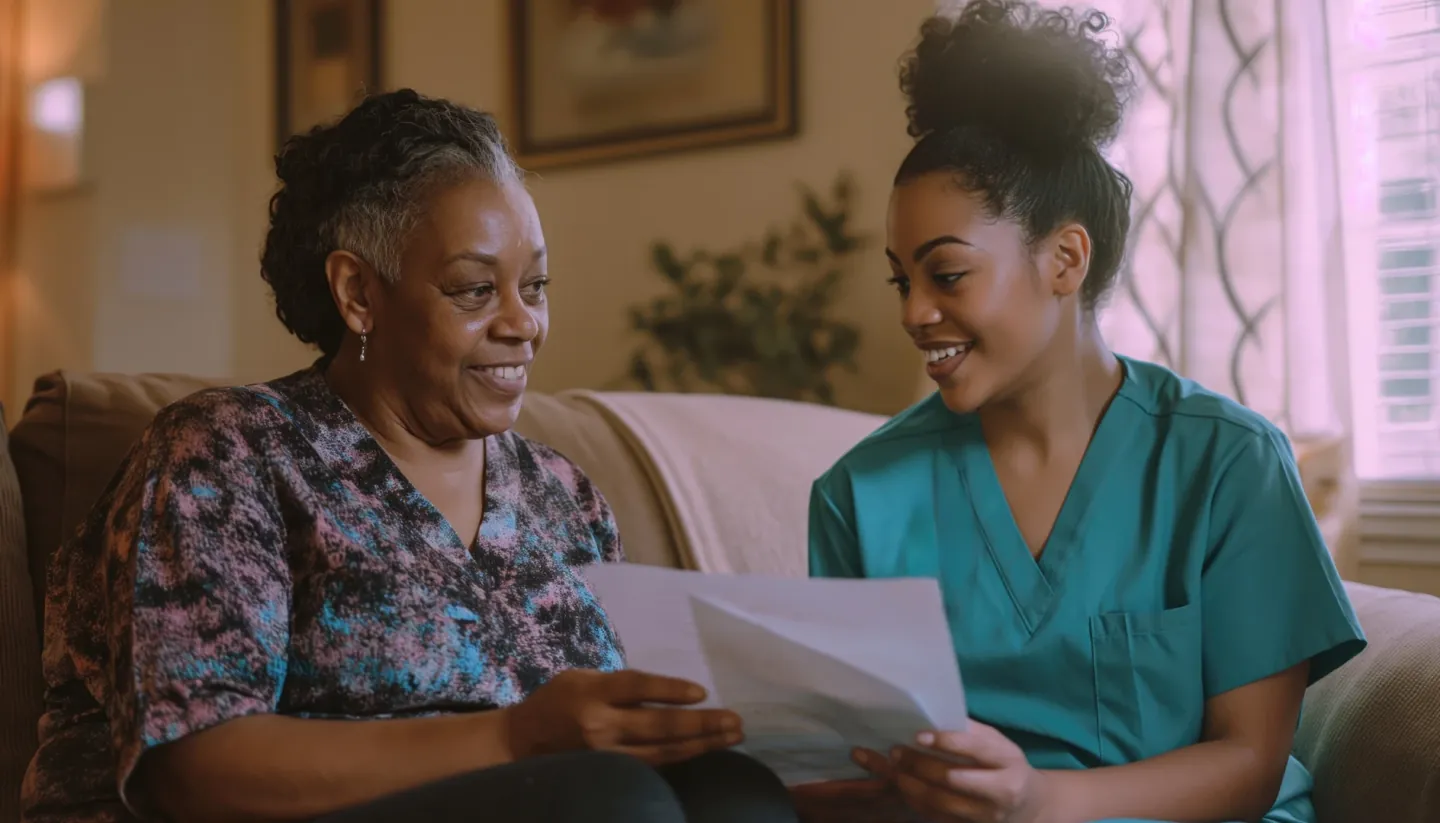When it comes to staying healthy and protecting yourself from huge medical bills, Medicaid and Medicare are two of the most important programs in the U.S. They can help people who don’t have a lot of money get the care they need, but if you don’t have access to them, it can be tough. In this article, we’ll talk about why these programs matter, how to qualify, and what to do if you don’t have them.
What Are Medicaid and Medicare?
Medicaid is a program that helps low-income individuals and families get health coverage. It’s especially important for people who can’t afford to pay for health insurance on their own. Medicaid can cover things like doctor visits, hospital stays, long-term care, and even prescription drugs. The good news? It’s mostly free if you qualify.
Medicare, on the other hand, is for people who are 65 and older or have certain disabilities. It helps pay for medical expenses like hospital visits, doctor checkups, and some medication costs. However, Medicare doesn’t cover everything. For example, it won’t pay for most senior housing or long-term care, like assisted living. That’s where programs like Section 8 or other affordable housing options come in.
Why You Need Medicaid or Medicare
If you don’t have Medicaid or Medicare, getting sick could mean serious financial trouble. A hospital bill for a short stay can run into the thousands, and without insurance, you might not be able to afford the care you need. These programs help you avoid being buried in medical debt or skipping care altogether because it’s too expensive.
Medicaid is a big help for people recovering from substance use disorders. It covers both inpatient and outpatient treatment, including detox, counseling, therapy, and even medications that help with addiction. This makes it easier for people to get the medical support they need to stay on track.
The Risks of Not Having Health Coverage
Without Medicaid or Medicare, you could face:
- High medical bills: Even a simple ER visit can cost a lot.
- Limited access to doctors: Without insurance, many doctors may not take you as a patient.
- No prescription drug coverage: Medications can be incredibly expensive without help.
In short, without Medicaid or Medicare, you’re left unprotected in the case of illness or injury. That’s why it’s crucial to figure out if you qualify and apply as soon as possible.
How to Apply for Medicaid or Medicare
Here’s how you can apply for each program:
- Medicaid:
- Visit your state’s Medicaid office or go online to your state’s Medicaid website.
- You’ll need to provide information about your income, family size, and possibly your medical needs.
- If you qualify, Medicaid will cover most of your healthcare costs for free or at a very low cost.
- Medicare:
- If you’re 65 or older, you’re automatically eligible. You can sign up at Medicare.gov or visit your local Social Security office.
- If you have a disability, you may qualify earlier, but you’ll need to go through an application process.
If you don’t qualify for Medicaid and are under 65, you can look for low-cost health insurance options through the Affordable Care Act (ACA) marketplace.
What to Do If You Don’t Have Medicaid or Medicare
If you don’t qualify for these programs, there are still some ways to protect yourself from high medical bills:
- Check if you qualify for other programs: Many states offer low-cost health programs outside of Medicaid.
- Use community health clinics: These clinics offer free or low-cost services, including doctor visits, dental care, and even mental health services.
- Ask about payment plans: Some hospitals and doctors’ offices will let you pay off big bills over time with no interest.
- Negotiate your bills: Don’t be afraid to ask for a lower price or financial assistance from hospitals if you’re struggling to pay.

What Medicare and Medicaid Don’t Cover (And What You Can Do)
While Medicaid and Medicare provide crucial help for healthcare costs, neither program covers everything. Here are some key areas that are often not covered, and what you can do to handle those expenses:
- Dental Care
- Medicare doesn’t cover most dental procedures like cleanings, fillings, or dentures. Medicaid may cover basic dental services in some states, but not always.
- Solution: Look for dental discount plans or free dental clinics in your area. Some schools also offer low-cost dental services through student training programs.
- Vision Care
- Routine eye exams, glasses, and contact lenses are usually not covered by Medicare. Some states offer limited coverage for vision care through Medicaid.
- Solution: Consider affordable vision plans or visit low-cost vision centers like those found at Walmart or Costco.
- Long-Term Care
- Medicare does not cover long-term care or assisted living facilities. Medicaid may help, but only after you’ve spent most of your assets.
- Solution: Look into other programs like Section 8 housing or low-income housing options for seniors. You can read more in our post on How to Get Low-Income Housing Fast for more details on finding affordable housing.
- Hearing Aids
- Hearing aids are often not covered by Medicare, and Medicaid coverage varies by state.
- Solution: Some organizations, like the Hearing Aid Project, provide assistance to low-income individuals. There are also over-the-counter hearing aids that can be more affordable.
- Sober Living Homes
- Medicaid usually doesn’t cover sober living homes because they’re considered housing, not healthcare. While it may cover therapy or outpatient services provided in the home, rent and living expenses are typically paid out-of-pocket.
- Solution: For help with costs, explore programs like Recovery Housing Programs.
By knowing what isn’t covered and exploring alternative resources, you can better prepare yourself for the costs that Medicaid and Medicare don’t take care of.
Affordable Housing and Health Care
It’s important to note that Medicare won’t cover costs like assisted living or long-term care. If you’re an elderly person or have disabilities and need affordable housing, you should look into programs like Section 8.
For example, you can check your Section 8 status by reading our blog post How Can I Check My Section 8 Status? or find out how to get into low-income housing quickly by reading How To Get Low-Income Housing Fast.
Section 8 can help people with limited income get into safe, affordable housing. While Medicare is great for covering medical expenses, it won’t help much with finding a place to live if you’re a senior in need of assistance. That’s why knowing about housing programs is just as important as having health insurance.
FAQs About Medicaid and Medicare
1. How do I apply for Medicaid?
Visit your state’s Medicaid office or apply online through their website.
2. Who qualifies for Medicare?
People 65 and older or those with certain disabilities qualify for Medicare.
3. Does Medicare cover assisted living?
No, Medicare does not cover most costs related to assisted living or long-term care.
4. Can I have both Medicaid and Medicare?
Yes, some people qualify for both programs, which is called “dual eligibility.”
5. What if I don’t qualify for Medicaid?
Look into low-cost health insurance options through the ACA marketplace or check if your state has other programs.
6. What’s the difference between Medicaid and Medicare?
Medicaid is for low-income individuals and families, while Medicare is for people 65+ or with certain disabilities.
Remember, Medicaid and Medicare are critical to keeping yourself protected from overwhelming medical costs. If you don’t have coverage, take the steps to see if you qualify and consider exploring other programs to keep your health and finances safe.

